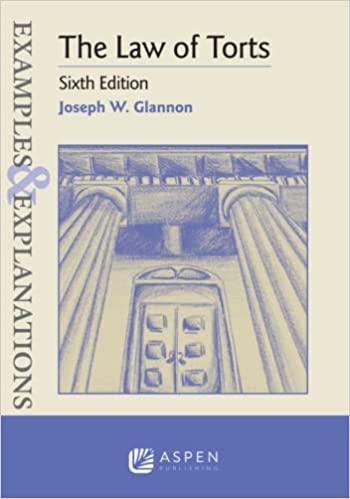Purpose of laws:1. Transform slavery into a rigid racial system (rather than a system based on religion or national origin or class)2. Gradually isolate slaves from the rest of society (distinguish slaves from lower-class whites, disassociate the two groups)3. Strengthen social controls over enslaved Africans (limit their freedoms)4. Regulate ambiguities of racial differences in the colonies (establish legal status of mixed-race individuals)5. Stigmatize and dehumanize blackness (limit freedoms of free blacks and distinguish them from lower class white
Directions: Read the following list of laws from Virginia. As you read each law, consider the intent of that law and the purpose it might serve. In the column on the right, briefly explain why you think the law was passed. Purpose of laws: 1. Transform slavery into a rigid racial system (rather than a system based on religion or national origin or class) 2. Gradually isolate slaves from the rest of society (distinguish slaves from lower-class whites, disassociate the two groups) 3. Strengthen social controls over enslaved Africans (limit their freedoms) 4. Regulate ambiguities of racial differences in the colonies (establish legal status of mixed-race individuals) 5. Stigmatize and dehumanize blackness (limit freedoms of free blacks and distinguish them from lower class whites) 6. Uplift self-identity and social status of lower class white residents (whiteness = freedom and equality) Virginia Low What purpose did it serve? 1662: Slave status of children determined by the condition of mother; children of slaves automatically became slaves 1667: Converting to Christianity did not alter the status of slave (baptism used to earn a slave freedom) 1669: No longer a felony for killing slaves for "resisting"; owners could also maim and kill runaways 1670: Free blacks forbidden from owning servants 1680: Extra punishment issued if a black slave injured a white man (allowed white servants to bully slaves) 1682: Mixed race children defined as slaves 1691: Interracial marriages outlawed and extensive punishments added for interracial sex in or out of marriage 1691: White women who gave birth to mulatto children; sentenced to 5 years, child sentenced to 30 years of servitude 1691: Owners could only free slaves if they could transport them out of the colony 1705: Forbid whipping of white servants without permission of judge 1705: Forcibly took away all property of slaves while white servants allowed to keep theirs; property turned over to poor whites 1705: Newly freed white servants given more resources by former owners: 50 acres of land; taxes cut in half for men already free 1705: Slaves required to have written permission to leave plantation 1705: Slaves whipped, branded or maimed for associating with whites; executed if they have committed murder or rape 1705: Slaves can no longer sue in court, can't file a dispute about their master 1723: Free Blacks couldn't vote, hold office or testify 1740: illegal to teach slaves to read, slaves no longer allowed to earn money, or assemble in large groups (South Carolina)







